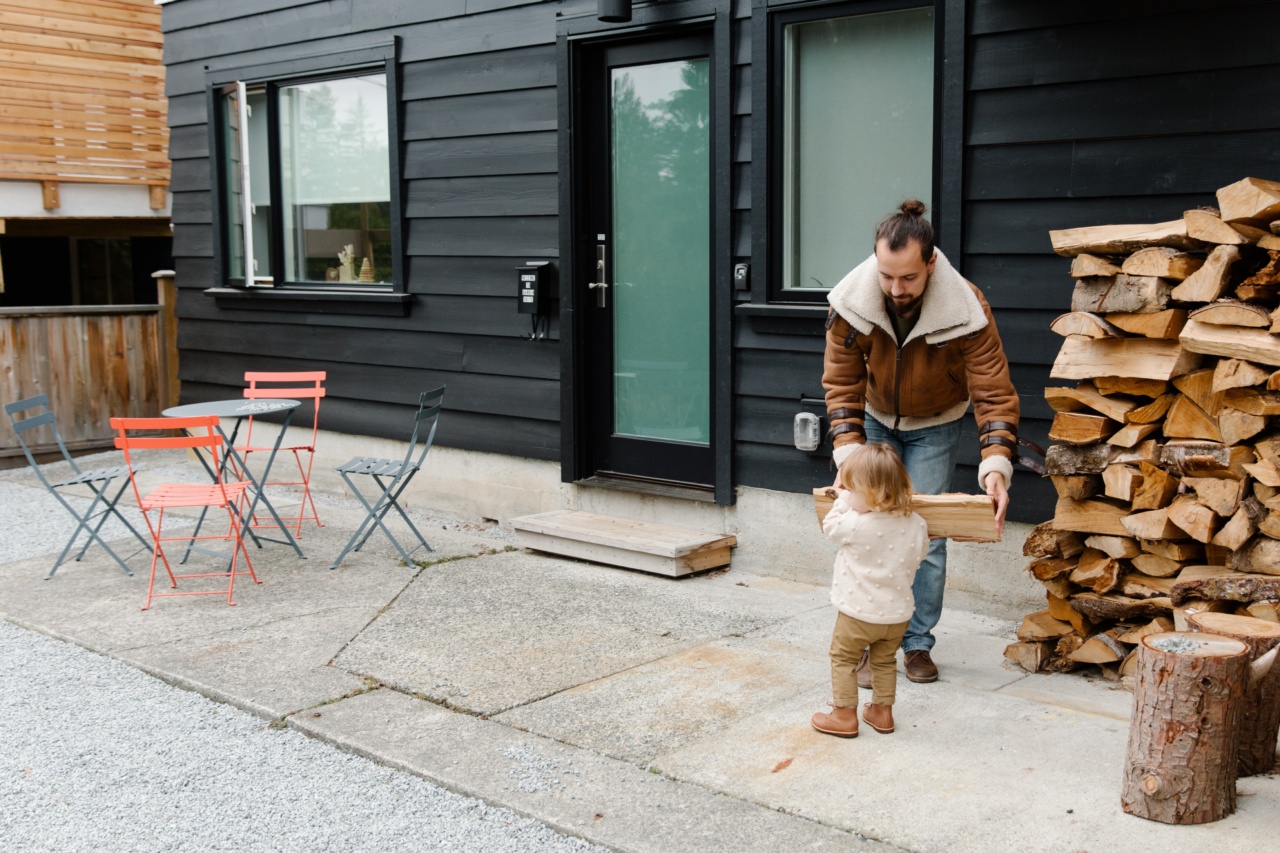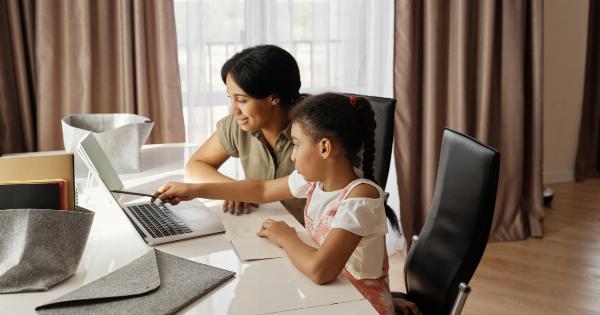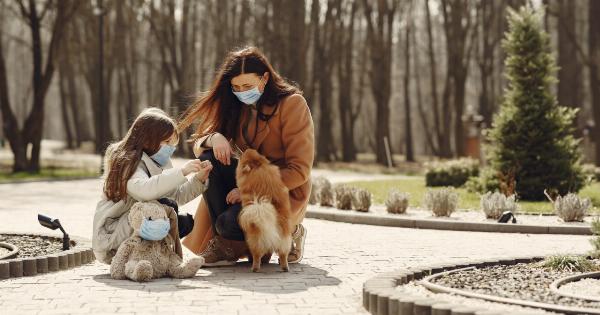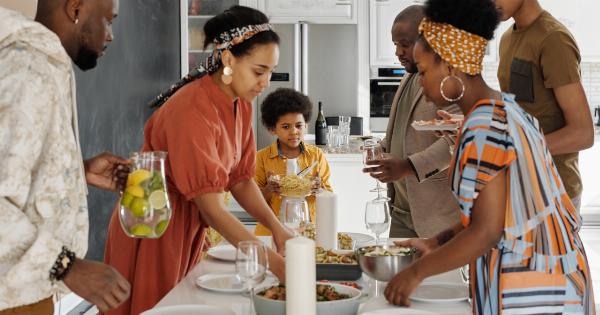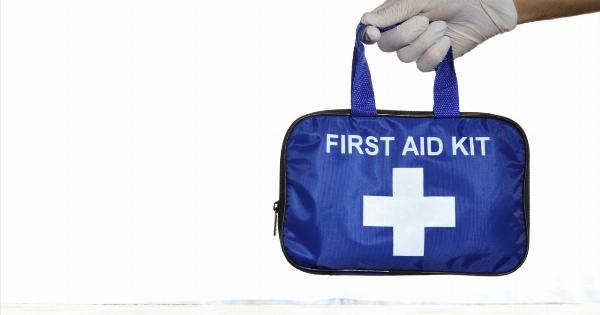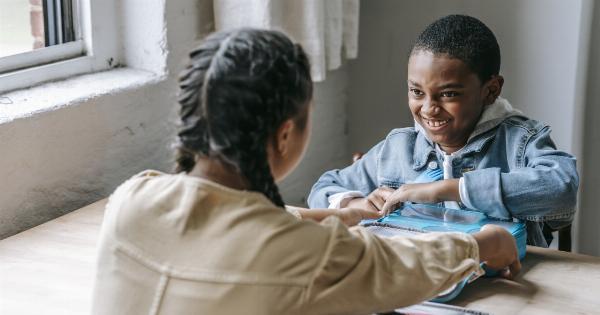When a natural disaster strikes, children can be deeply affected both emotionally and mentally. Addressing their concerns and fears through healthy communication can help them cope with the situation.
In this article, we’ll explore some useful ways to communicate with children after a natural disaster.
Listen to Your Child
Children express their emotions in different ways. Some may be able to articulate their feelings, while others may struggle to convey what they’re going through.
As a parent or caregiver, it’s important to empathize and take time to listen to your child’s concerns. Give them the space and time to express what they’re feeling, without interruption. This validates their emotions and lets them know that what they’re feeling is important.
Use Age-Appropriate Language
When communicating with children about natural disasters, it’s essential to use age-appropriate language. Avoid technical language or words that may cause confusion or fear.
Children often rely on their parents or caregivers to understand the world around them. Using simple language will help them understand and process information more easily.
Provide Reassurance
After a natural disaster, children may feel scared, anxious, or confused. They may worry about their safety, their home, or their family. As a parent or caregiver, reassurance is vital to help them cope with their fears.
You can reassure them by explaining what you’re doing to keep them safe, letting them know that you’re all in it together, and reminding them that things will get better with time.
Be Honest
Being honest with your child is critical, especially during a natural disaster. Children are perceptive, and hiding information may cause even more anxiety and confusion.
Be honest with them about what has happened, the steps you’re taking to keep them safe, and what they can expect in the coming days.
Use Visual Aids
Visual aids can be an excellent way to help children understand what is happening during a natural disaster and what they can do to stay safe.
Simple drawings, diagrams, or pictures can help them remember important information and understand the situation better.
Stay Calm
Children look to their parents or caregivers for reassurance and guidance during a crisis. Staying calm and composed can help reduce your child’s anxiety and fear.
Take deep breaths, focus on the present moment, and remember that you’re in control. Your calm demeanor will help your child feel safe and secure during a natural disaster.
Encourage Creativity
Children often express their emotions and feelings through creativity. Encouraging your child to draw, write, or express themselves in other ways can help them process their emotions and cope with the situation.
Creativity can also be a distraction and provide a positive outlet for stress and anxiety.
Stick to Routines
After a natural disaster, sticking to routines can provide a sense of normalcy and stability. This can help your child feel more secure and less anxious. Try to maintain regular meal times, bedtime, and playtime.
If your child’s routine is disrupted, try to establish a new routine as soon as possible.
Take Care of Yourself
As a parent or caregiver, it’s essential to take care of yourself during a natural disaster. You can’t provide the support and care your child needs if you’re not taking care of yourself.
Get adequate sleep, eat healthy meals, and take breaks when you need them. Seek support from friends, family, or a professional counselor if you’re struggling to cope.
Conclusion
Communicating with children after a natural disaster is essential to help them cope with their feelings and fears.
By listening to your child, using age-appropriate language, providing reassurance, and being honest, you can help them feel safe and secure during a crisis. Encouraging creativity, sticking to routines, and taking care of yourself are also crucial in overcoming the trauma of a natural disaster.
